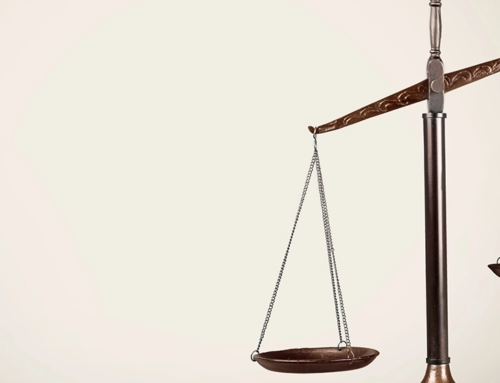DUTIES OF A TRUSTEE
DUTIES OF A TRUSTEE
Worry not if you have been appointed as Trustee! You can always refer to the Trust Deed (legal document) and Trustee Act 1949 (“Trustee Act”). The powers conferred to the Trustee are derived from the Trust Deed, whilst the Act provides additional power to the Trustee (as long as it does not contradict the intention of the Trust Deed). As for duty, a Trustee owes a fiduciary duty where he has to act in the best interest of the beneficiaries of the Trust.
- Duty to invest.
A trustee has the duty to invest the trust assets in a prudent and conservative manner to various investments as listed in Section 4 of the Trustee Act. Some examples of the approved investment channels are securities of the Federal Government, any fixed interest securities that are issued in Malaysia and approved by the Treasury, and also in loans where the principal and interest are guaranteed by the Government of Malaysia.
With this duty to invest also comes the duty for the Trustee to choose the investments carefully. According to Section 6 of the Trustee Act, the Trustee must ensure that the investments are diversified with the appropriate degree of risk, and to ensure that the investments are suitable with the nature of the trust.
According to the case of Bartlett vs Barclays Bank Trust Co Ltd (1950) Ch 515, in order for a trustee to discharge his duty to invest, he must “conduct the business of the trust with the same care as an ordinary prudent man of business would extend to his own affairs.“ This means that the trustee must act the same way that he would competently and prudently act if he were to invest his own money.
- Duty to keep the beneficiaries informed.
The trustee must always be ready to provide information when the beneficiaries ask for it. According to Halsbury’s Laws of Malaysia Vol. 5 at p 720 (quoted from the case of Dr Chan Chin Cheung v Chan Chak Cheung and others [2005] 2 CLJ 405):
“The trustee must keep accounts and be constantly ready to produce them for the beneficiaries and the latter are entitled to be informed about matters currently affecting the trust. A trustee must furnish to a beneficiary, or to a person authorized by him, on demand, information or the means of obtaining information as to the mode in which the trust property or his share in it has been invested or otherwise dealt with. It needs to disclose where it is and full accounts respecting it, whether the beneficiary has a present interest in the trust property or only a contingent interest in remainder, or is only an object of a discretionary trust. If the trustee neglects or fails to do so, he is liable for the costs of proceedings to compel production of information or accounts. He must also allow a beneficiary to inspect the trust accounts and all documents relating to the trust, and has a duty to explain to a beneficiary what his rights are. If the trustee is unclear as to what needs to be disclosed, he should bring the matter to the court to decide.”
- Duty to distribute.
A Trustee must be prudent in ensuring that he does not fail to distribute the trust property properly – such as to the wrong person or to someone who is not entitled to the trust property. A beneficiary can take action against a Trustee who has failed to distribute, except in regards of a bona fide purchaser for value without notice (Ministry of Health v Simpson (1951) AC 251).
- No-conflict and no-profit rule
According to the case of Keech v Sandford (1726) Sel Cas Ch 61, a Trustee must not use his position to enrich himself. This means that the Trustee cannot betray his fiduciary obligation by utilizing his position and knowledge as a Trustee in order to make profit for himself (Boardman v Phipps [1966] UKHL 2).
- Duty to ensure equality between beneficiaries
It is important for a trustee to ensure that the beneficiaries under the trust are treated equally, unless the Trust Deed directs otherwise. The trustee must be impartial and fair when managing the trust assets.



















